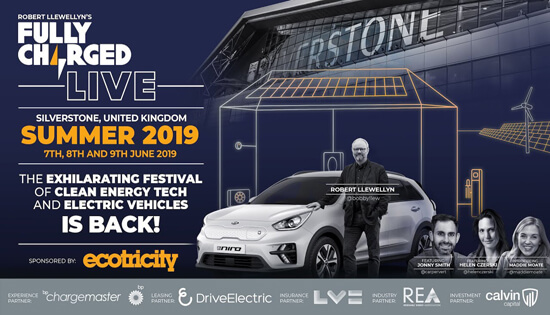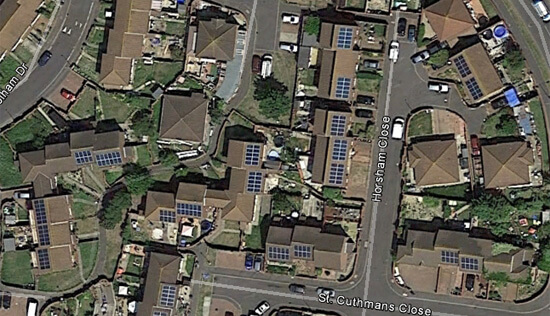Recent weeks have seen dozens of stories about renewable energy hit the headlines. We have compiled our pick of the renewables news during October 2018.
12 years left to save the planet
The IPCC’s 2018 report into climate change has warned that if drastic steps are not taken in the next 12 years to curb global warming considerably, the risk of droughts, floods, heat extremes and poverty affecting millions of people will increase significantly. The world’s leading climate change scientists have indicated that urgent action is needed to limit the temperature increase to a maximum of 1.5C, in order to prevent irreversible damage to nature, in addition to climate-related poverty for hundreds of millions of people globally. Carbon pollution will need to decrease by 45% by the year 2030, which can be achieved by improved efficiency, an increase in the uptake of renewable energy, and a switch to electrified transport.
Will new diesel and petrol cars be banned by 2032?
This month, a committee of MPs have urged government ministers to bring forward the target date for banning new sales of petrol and diesel vehicles in the UK, from 2040 to 2032. Their reasoning for bringing the target closer is that they believe an earlier goal is achievable with the right leadership, and to stick to the 2040 deadline will mean the UK starts to lag behind globally in the switch to electric vehicles. Transport is currently the UK’s biggest source of carbon emissions, and car emissions are the primary cause in illegal pollution levels in many of our cities.
UK government announces subsidy cuts for EVs and hybrids
The Department for Transport (DfT) has announced that the plug-in vehicle grant, which was previously available on fully electric vehicles and hybrid vehicles, will be reduced significantly, or in the case of most hybrid models currently available in the UK, scrapped completely, under the new rules, brought in by 9th November 2018. Pure electric vehicles will go from a subsidy of £4,500 to a maximum of £3,500, with potentially a total abolition of the grant for any car after the next 35,000 low or zero emission vehicles are sold. Many have called for the government to rethink this decision if targets for low emission vehicle ownership by 2040 are still to be achieved. However, grants for the installation of electric vehicle chargepoints are unaffected.
3 million EV charge points needed by 2040
A report from Aurora Energy Research has indicated that around 3 million commercial and industrial charge points will be needed by 2040 to support the mass roll out of green vehicle fleets, with chargers installed in motorway service stations, public car parks and workplaces. The report also suggests that some of these charge points incorporating solar and battery storage technology to help generate and provide electricity when needed, could help them become profitable sooner, as well as helping to reduce some of the extra demand on the grid at peak times.
Solar energy setting new highs as coal use hits record lows
The Department for Business, Energy and Industrial Strategy (BEIS) released the latest stats in October for energy generation in the UK between April and June 2018. The 4.65TWh of solar energy generated set a new record for solar in the UK, with a combined renewable total generation of 24.3TWh during the same period, which equates to almost a third (31.7%) of the total UK electricity generated overall. In contrast, coal contributed just 1.6% in this same period, which is a record low.
A third of UK utility firms are potentially already using onsite battery storage
A survey, carried out by energy supplier, Haven Power, has indicated that around a third of utility firms in the UK are already starting to implement sustainable energy solutions, by already having some storage batteries installed onsite. The survey also showed that some areas of the country seem to have a greater awareness of the potential of using these types of technology, with 75% of London-based utility firm respondents declaring they understood how to sell excess energy generated onsite back to the grid, compared with just 11% of respondents in Wales.
For more information on battery storage systems and how they work for businesses or in residential settings, click here.
















